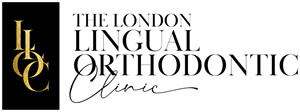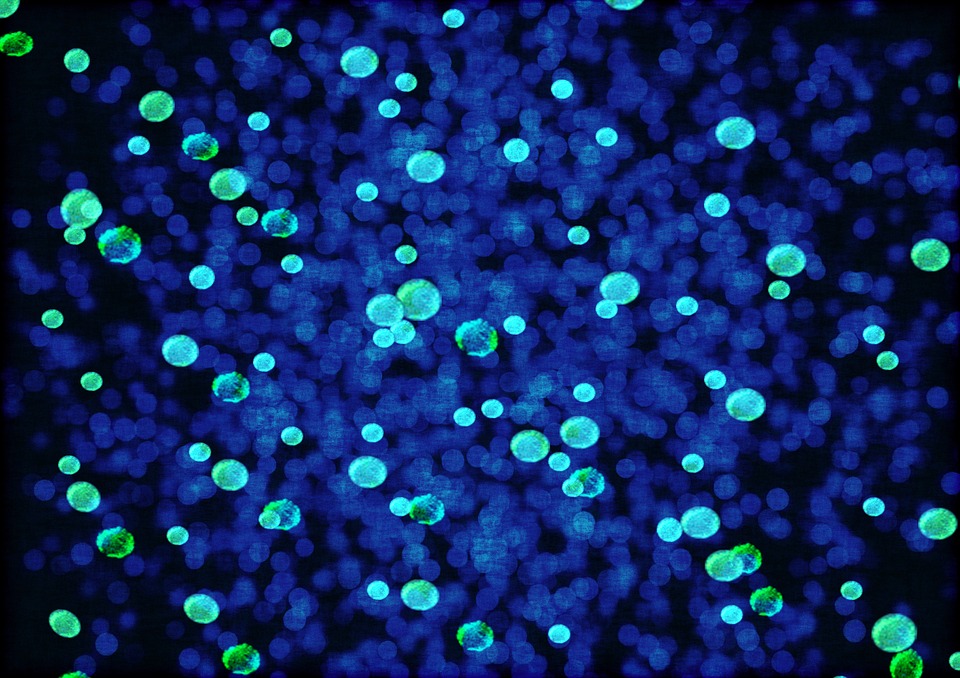I hadn’t heard of microbeads until I read a news story in The Independent, about a report from a cross-party group of MPs. Microbeads are tiny pieces of plastic which are added to a wide range of exfoliating health and beauty products, including many major toothpaste brands. They are so small they don’t get filtered out but enter the sea in vast quantities.
The Environmental Audit Committee are wanting the government to implement a ban on the use of microbeads by the end of 2017. Early last month, according to the BBC, the government pledged to do just that.
The reason for both the concern and the urgency is the damage that microbeads cause to the sea and to sea life. Although barely visible to the human eye, they can transfer contaminants to animals and cause toxic effects,
A variety of organisations such as the Marine Conservation Society and Greenpeace have made a stand and are raising awareness while other countries around the world have banned them already.
A challenge for all of us who want to lead an eco-friendly lifestyle is that package labelling doesn’t always make it clear that microbeads are a constituent of the product. Look out for words like polyethylene, polypropylene and polymethylmethacrylate, glad to say the Environmental Audit Committee also called for clearer labelling and highlighted alternatives to microbeads such as ground almonds, sea salt, and oatmeal.
Their report also suggests that microplastic pollution could be more damaging to the environment than larger pieces of plastic. Their size means they are more likely to be eaten by wildlife so they potentially enter the food chain, for example a plate of six oysters can contain up to 50 particles of plastic.
Why do we care about microbeads?
A report in the Washington Post as far back as 2014 showed that the profession in the US was worried about microbeads. As well as signs of abrasion to teeth from over use, some dentists report that beads have been found stuck in crevices between the teeth and gums.
So, for many reasons, we hope we will see an end to the use of microbeads in household products, especially toothpaste, in 2017.














